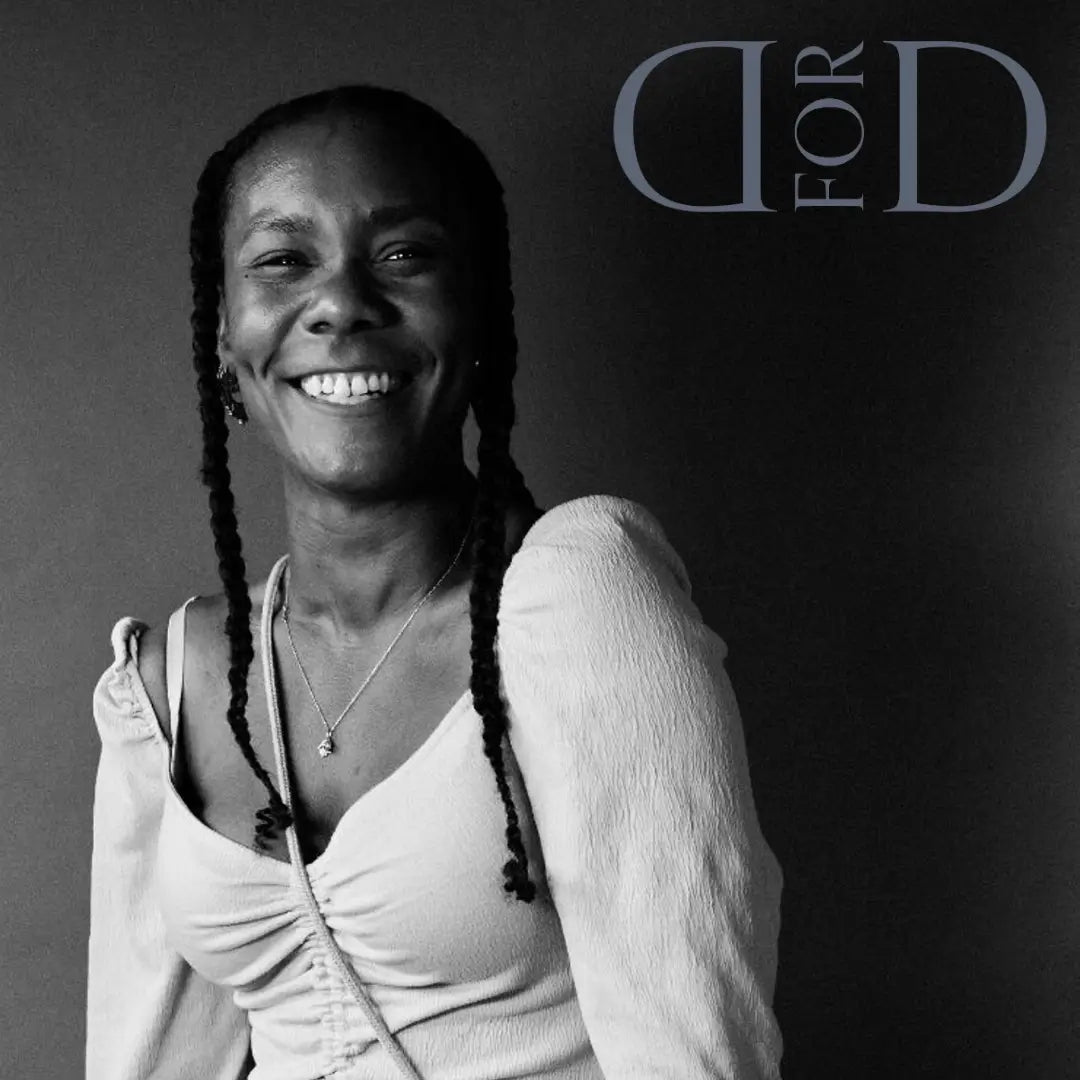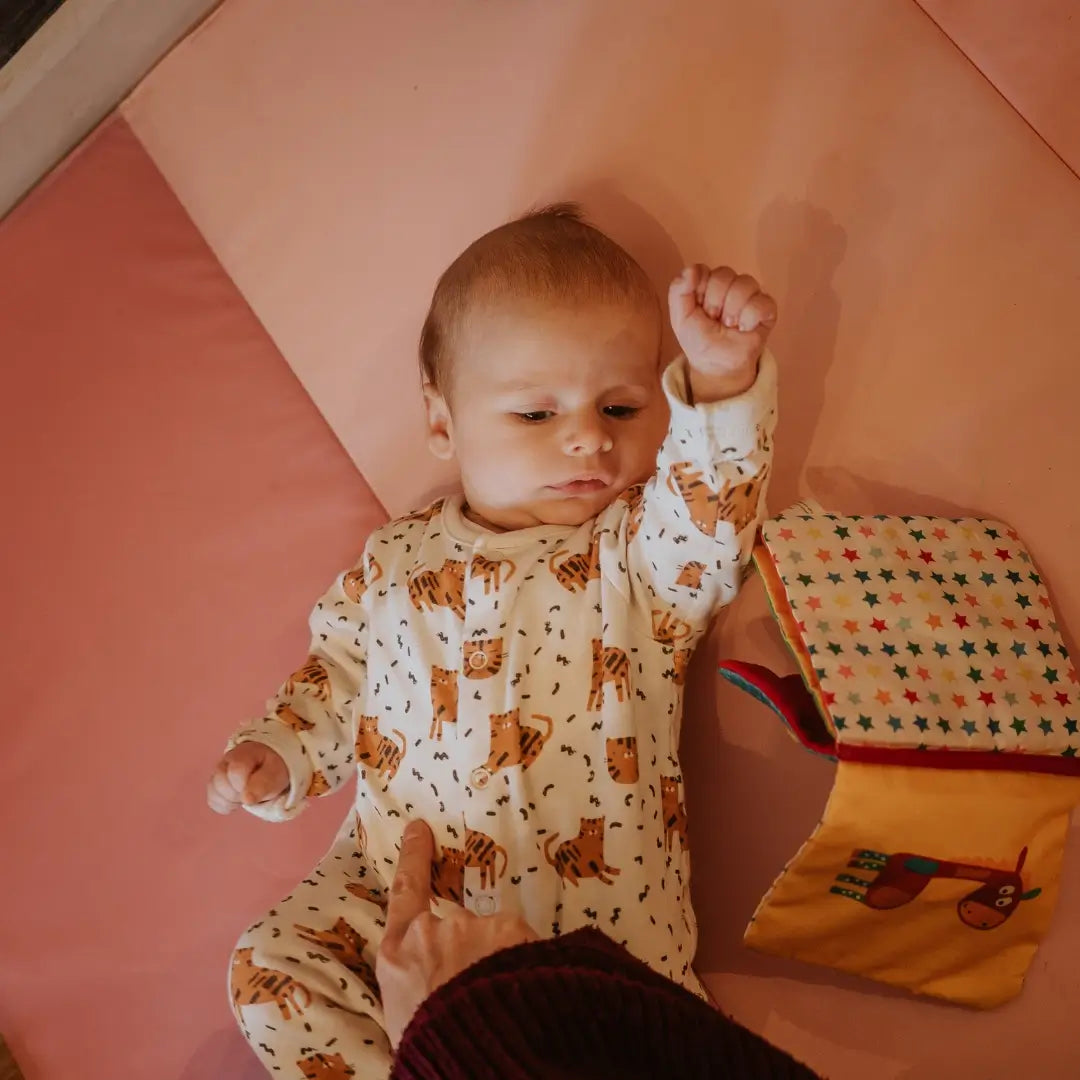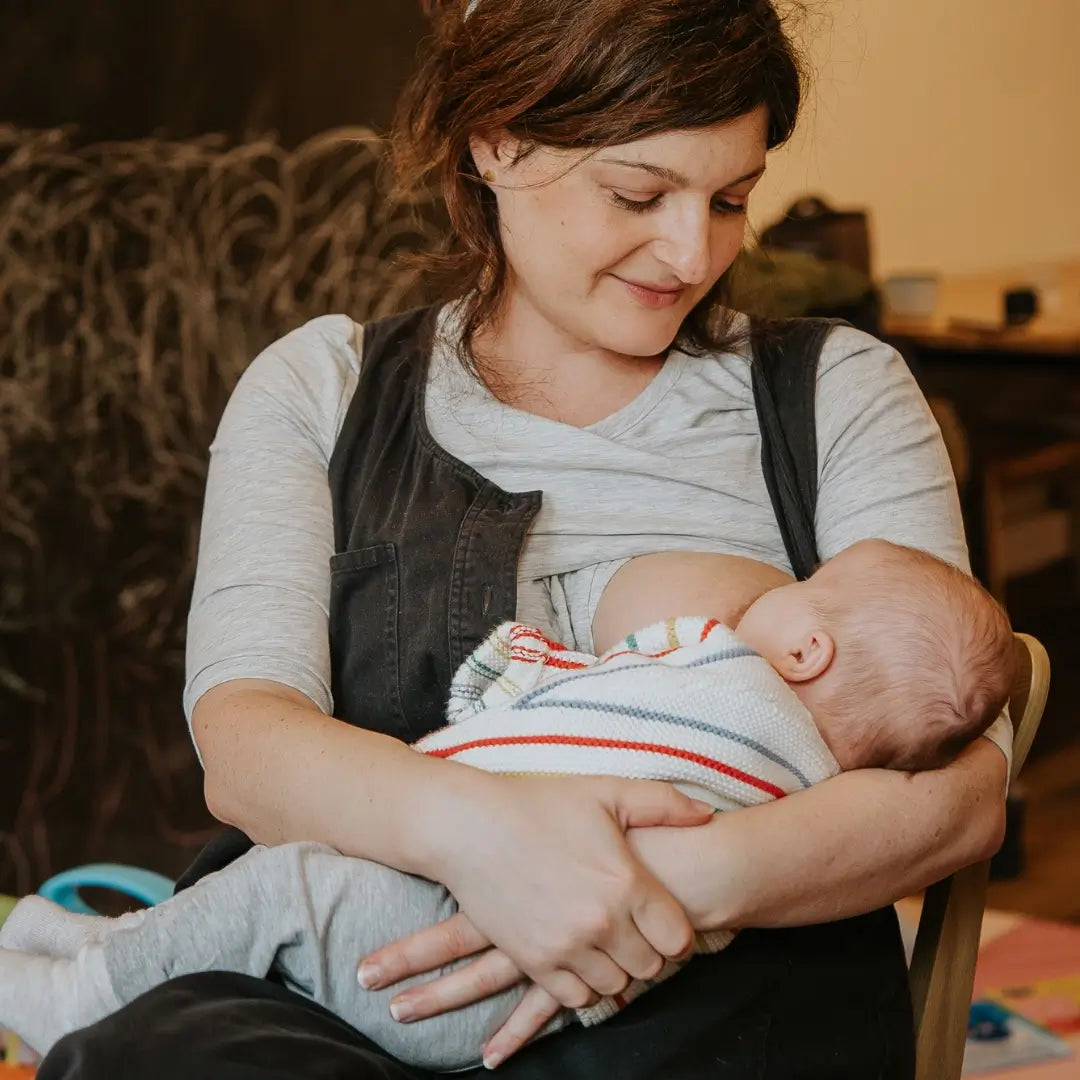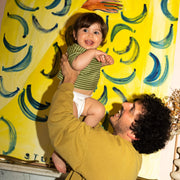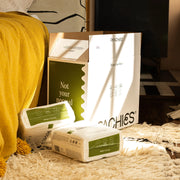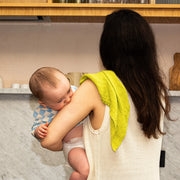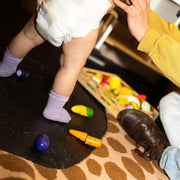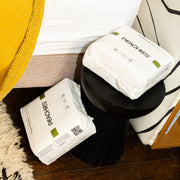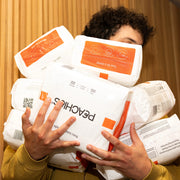The arrival of a new baby sees a real shift in family dynamic, everyone needs to find their new place, their role in this comes as a bit of a rollercoaster with ups and downs before things are more settled. Sometimes the father/co-parent can really struggle with this transition (let’s face it most humans struggle at times with change!) Families in the LGBTQIA+ and other minority communities can also have an additional set of concerns and challenges, as can those who have had their families through adoption, surrogacy or fertility treatments which can all contribute to feelings of overwhelm.
While postpartum depression (PPD – also referred to as PND – Post Natal Depression) is a well-documented condition affecting mothers, it's crucial to acknowledge that fathers and co-parents can also experience this mental health issue. Studies suggest that around 10% of fathers suffer from PPD, however it is often overlooked and little discussed. There can be slight differences in how PPD presents in men so for this reason I will focus on PPD in men in the next section however it is important to acknowledge that all co-parents can be affected.
Understanding Postpartum Depression
Postpartum depression is a mood disorder that can affect parents in the weeks and months following the birth of their child. In fathers it is most common around months 3 to 6 post-partum, however, it can also develop at any point during the first year. It's important to differentiate between PPD and the 'baby blues' which are temporary mood swings that many new parents experience in the first few weeks after childbirth. PPD, on the other hand, is a more severe and persistent condition that requires attention and support. More information on Post Natal Depression in general can be found in the links below.
Signs and Symptoms
Postpartum depression in men can manifest differently from women, making it important for fathers to recognise the signs and to feel able to voice their feelings and concerns, which is often very difficult. Many fathers feel that they need to be putting mother and child first and feel that their needs are less important. Common symptoms of PPD in men may include: Persistent sadness or hopelessness and low mood that lingers beyond the typical 'baby blues'. Unexplained irritability, restricted emotion, anger, and frustration that interfere with daily life and relationships. Overwhelming exhaustion and a lack of energy, even when the person is getting adequate rest. Insomnia or excessive sleep, appetite changes, and potential weight fluctuations. Difficulty focusing on tasks and making decisions. A lack of interest or pleasure in previously enjoyable activities. Social withdrawal, isolation, and avoidance of family and friends. Unexplained aches and pains, often accompanied by anxiety. Overreliance on alcohols, drugs or medications. A feeling of inadequacy, or no longer having a role within or importance within the family unit.
Causes of Postpartum Depression in Men
The causes of postpartum depression in men are complex and can vary from one individual to another. Some potential factors contributing to PPD in fathers include:
- Hormonal changes: Whilst not as pronounced as in women, men can experience hormonal fluctuations after the birth of a child, which may influence their mood.
- Relationship stress: The added responsibilities and stressors of parenthood can strain a couple's relationship, leading to feelings of isolation and depression. Some fathers can feel jealous of their new baby and how they are the focus of most of their mother’s attention. It can be very hard for a father or co-parent to admit that they are feeling left out or not taken into consideration, and they can feel selfish having these feelings.
- Feeling inadequate and powerless – and this can start before the birth if there were complications in the pregnancy.
- Lack of sleep: Sleep deprivation can affect both parents and exacerbate depressive symptoms.
- Financial stress: The costs of raising a child can lead to financial stress and worry. Fathers may struggle with being the one who has to leave the house and go to work, missing out on spending lots of time with their new baby, this may lead to feelings of sadness and resentment.
- Personal history: A history of mental health issues, such as anxiety or depression, can increase the risk of postpartum depression in men.
- Birth trauma – whilst commonly discussed in relation to the birthing parent, fathers and co-parents can also experience birth trauma, even in births that seemingly went really well. It can be really hard to see the person you love in pain, or in a vulnerable position. Some fathers also struggle with what they may perceive as the ‘messy’ bits of childbirth.
Seeking Help and Support
The first step to addressing postpartum depression in men is recognising it. Father’s should not feel ashamed or weak for seeking help – it's a sign of strength to acknowledge and address mental health issues. Here are some steps to consider:
- Talk to a healthcare professional – they can rule out any health issues that may be causing some of the symptoms and will be able to advise whether medication may be recommended in severe cases.
- Reach out to trusted friends and family.
- Practice self-care: Focus on getting good quality sleep (even if this can be hard with a newborn baby), eat well, try and find time for some physical activity and do something that you enjoy.
Caroline Evans is a parenting consultant with over 20 years of experience. Her offering includes parenting advice and support for issues such as sleep, feeding, weaning, behaviour. She has a special interest in infant feeding (breastfeeding, bottle feeding and weaning/nutrition), tongue tie, gastro-oesophageal reflux disease (GORD), allergy and sleep.
Photo: Joshua Kissi



